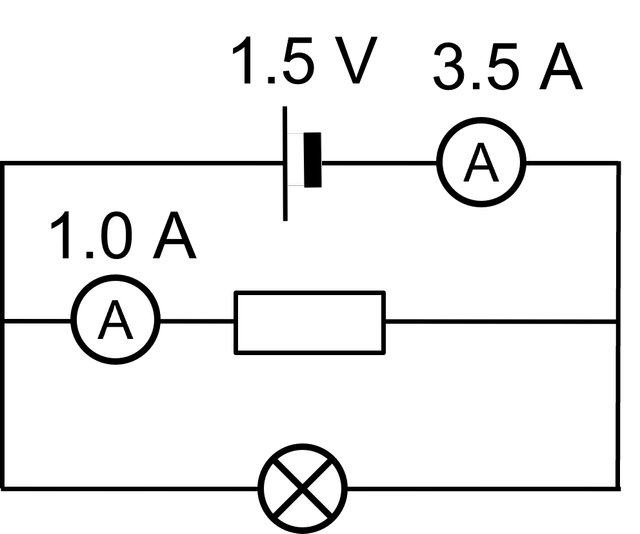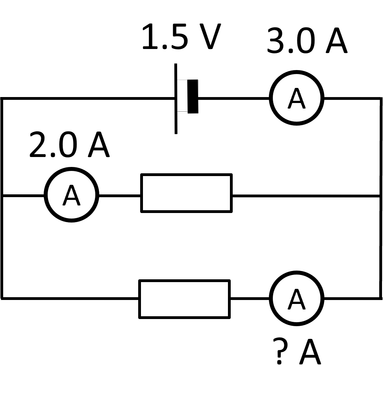Power of an appliance or electric circuit
I can describe how the power of an appliance or electric circuit depends on current and potential difference.
Power of an appliance or electric circuit
I can describe how the power of an appliance or electric circuit depends on current and potential difference.
These resources will be removed by end of Summer Term 2025.
Lesson details
Key learning points
- Power is the amount of energy transferred per second and is measured in watts (W).
- Power can be calculated using the equation: power = current × potential difference (P = I V).
- At a constant p.d., a larger electric current transfers energy more quickly than a smaller current.
- Domestic appliances plugged into the mains supply in the UK have a p.d. of 230 V across them.
- The fuse with the smallest rating for the required current (calculated using the equation: P = I² R) should be used.
Keywords
Power - the amount of energy transferred each second
Watts (W) - the unit of power; equal to the number of joules of energy transferred each second
Kilowatts (kW) - a unit of power; 1 kilowatt is equal to 1000 watts
Fuse - a thin wire that melts when a dangerously large current flows through it
Common misconception
Pupils often use the terms power and energy interchangeably.
Use concrete examples to show pupils that a greater power transfers energy more quickly.
To help you plan your year 11 physics lesson on: Power of an appliance or electric circuit, download all teaching resources for free and adapt to suit your pupils' needs...
To help you plan your year 11 physics lesson on: Power of an appliance or electric circuit, download all teaching resources for free and adapt to suit your pupils' needs.
The starter quiz will activate and check your pupils' prior knowledge, with versions available both with and without answers in PDF format.
We use learning cycles to break down learning into key concepts or ideas linked to the learning outcome. Each learning cycle features explanations with checks for understanding and practice tasks with feedback. All of this is found in our slide decks, ready for you to download and edit. The practice tasks are also available as printable worksheets and some lessons have additional materials with extra material you might need for teaching the lesson.
The assessment exit quiz will test your pupils' understanding of the key learning points.
Our video is a tool for planning, showing how other teachers might teach the lesson, offering helpful tips, modelled explanations and inspiration for your own delivery in the classroom. Plus, you can set it as homework or revision for pupils and keep their learning on track by sharing an online pupil version of this lesson.
Explore more key stage 4 physics lessons from the Mains electricity unit, dive into the full secondary physics curriculum, or learn more about lesson planning.

Licence
Starter quiz
6 Questions




